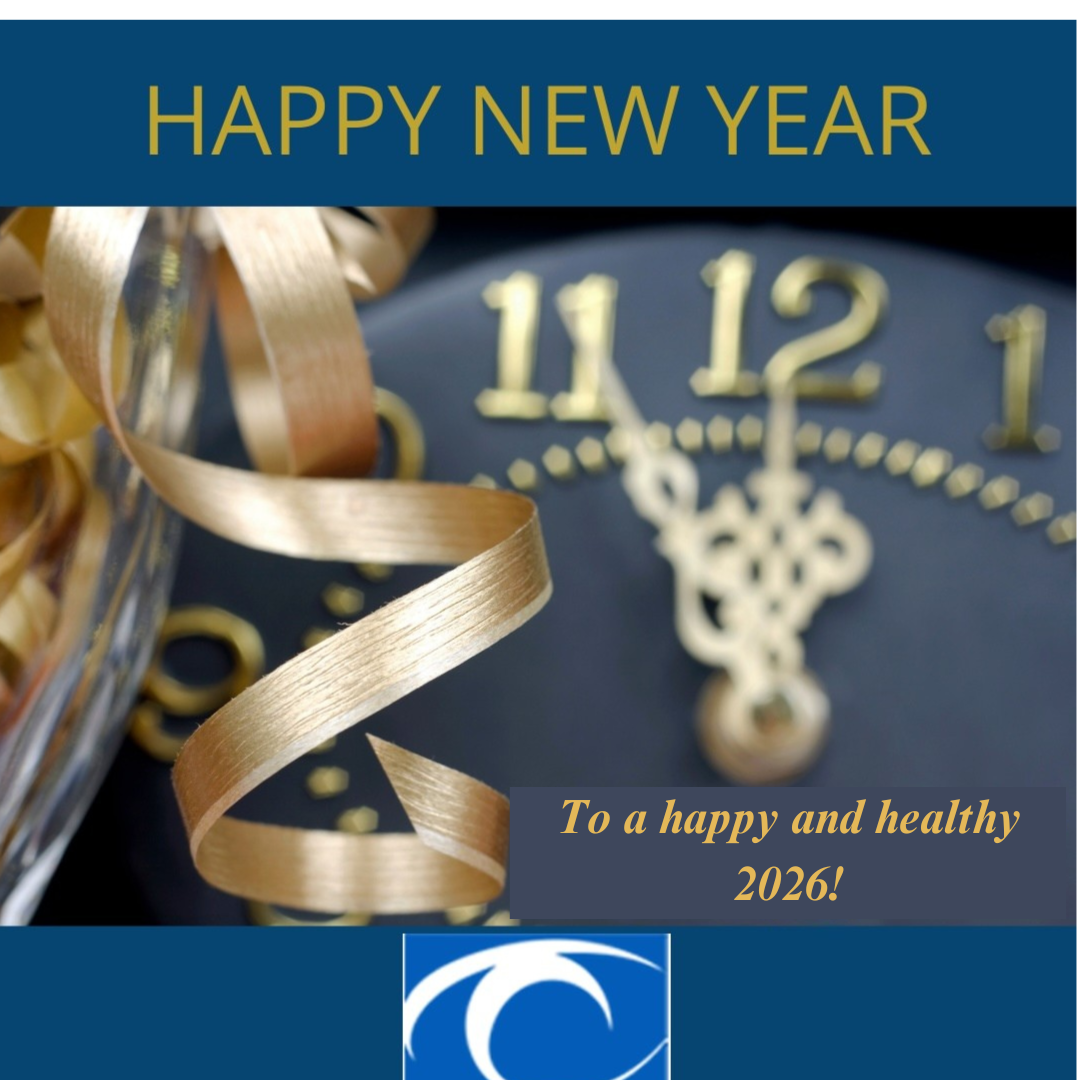2026 New Year, New Vision!
Are you ready for 2026? Will you make the standard list of resolutions – all with the best of intentions to put yourself first? It’s tempting to...
4 min read
 The Rochester Eye & Laser Team
:
Sep 1, 2025 7:30:00 AM
The Rochester Eye & Laser Team
:
Sep 1, 2025 7:30:00 AM

If you are considering LASIK but have questions about your health or suitability, the Rochester Eye & Laser Center team offers decades of experience in laser vision correction. Our exclusive focus on LASIK and PRK means we deliver in-depth evaluations with precision and safety as top priorities. Certain conditions—including keratoconus, glaucoma, and significant dry eye—often mean that LASIK or PRK are not advisable due to heightened risk. However, if you are not a suitable surgical candidate, we will guide you toward non-surgical solutions that best support your visual health. The information below outlines common LASIK contraindications, key eligibility standards, and how our expert team ensures your care path aligns with recognized safety and performance standards.
LASIK and PRK reshape the cornea to correct vision, but certain conditions make these procedures risky or ineffective. Below are key contraindications:
LASIK and PRK candidacy require specific eye and health conditions to ensure safety and effectiveness.
Rochester Eye Eye and Laser Center evaluates:
Advanced Surface Ablation (ASA)
provides a precise, technically advanced solution for individuals who are not candidates for LASIK, particularly when corneal thickness or previous injuries make flap creation inadvisable. By reshaping only the surface layer of the cornea, ASA mitigates flap-related risks and is well suited for patients with marginally thin corneas or superficial scarring. However, contraindications such as keratoconus or pronounced dry eye can also exclude ASA as an option.
At Rochester Eye & Laser Center, we take a highly personalized approach to determining ASA eligibility. Our ophthalmic specialists perform comprehensive assessments—including corneal stability analysis, full ocular health history, and individualized healing profiles—to ensure ASA delivers both safety and optimal vision outcomes tailored to your specific needs.
If neither LASIK nor ASA is recommended based on your individual health profile, Rochester Eye & Laser Center remains committed to delivering safe, effective vision correction solutions. Our team will work with you to assess the full spectrum of non-surgical options, including precision prescription eyewear and advanced contact lens technologies, ensuring your visual needs are addressed with the same attention to safety, technical excellence, and personalized care. Should specialist evaluation be required, we will connect you with trusted providers to support your long-term eye health and visual performance.
Severe dry eye is a significant factor when assessing candidacy for LASIK or ASA, and its management is essential for safe surgical outcomes or successful non-surgical vision correction. At Rochester Eye & Laser Center, we employ a comprehensive, evidence-based approach to address dry eye, utilizing advanced therapies and tailored patient care.
Common strategies include:
- Preservative-free artificial tears to sustain ocular surface hydration and comfort
- Punctal plugs, engineered to optimize tear retention and reduce evaporation
- Prescription anti-inflammatory eye drops, such as cyclosporine, to promote healthy tear production
- Lifestyle adjustments—including limiting screen exposure and optimizing humidification—to support long-term ocular wellness
These interventions are customized by our experienced clinical team to maximize corneal health and visual performance, empowering you with durable, safe solutions for your unique eye care needs.
Contraindications protect your eye health by preventing complications like:
We prioritize safety, ensuring only suitable candidates proceed with LASIK or ASA.
During your free consultation, expect:
Concerned about LASIK contraindications? Schedule a free consultation with the Rochester Eye and Laser Center, or take our online LASIK Self Evaluation to see if you are a good candidate for a consultation. Our team is here to assess your suitability for LASIK or ASA, or guide you to clearly better vision with other alternatives.

Are you ready for 2026? Will you make the standard list of resolutions – all with the best of intentions to put yourself first? It’s tempting to...

Are you looking for options when it comes to vision correction? Living with glasses and contact lenses doesn’t have to be the only way.